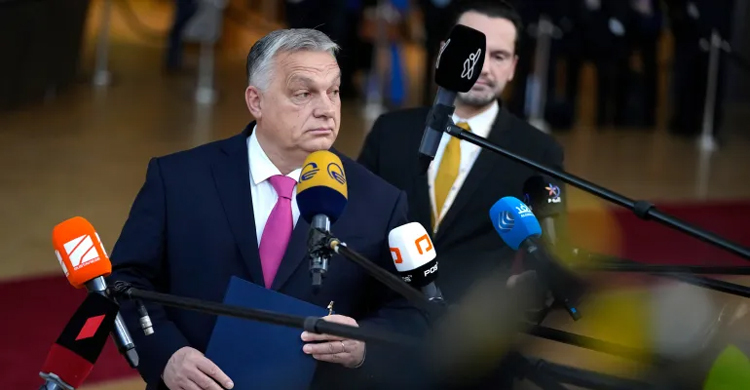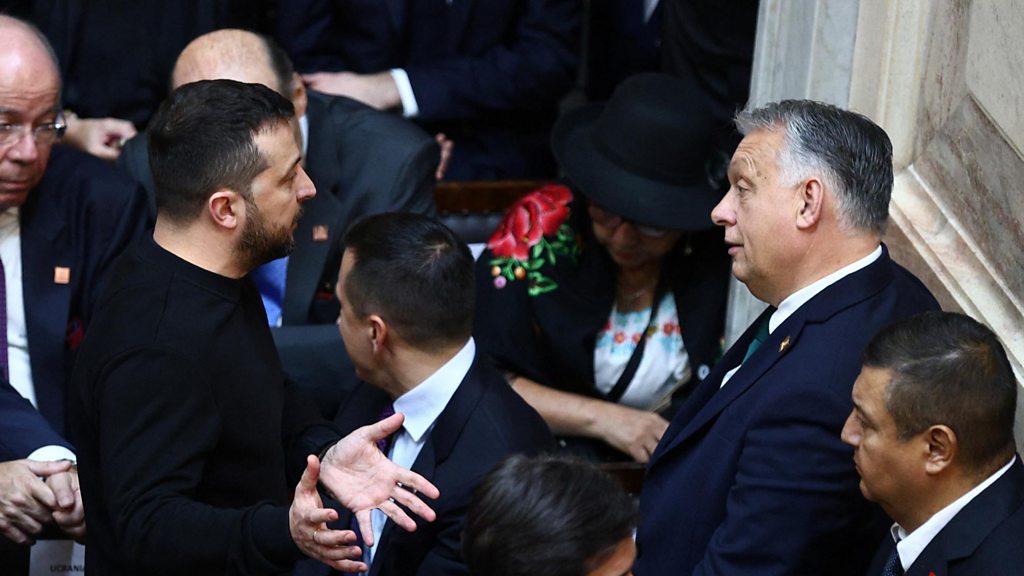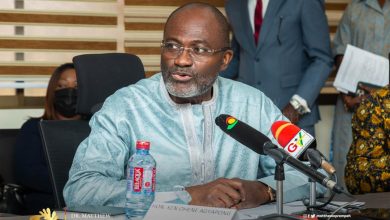Hungary blocks €50 billion EU aid for Ukraine amid membership talks

Hungary blocked €50 billion in EU aid to Ukraine just after an agreement to start membership talks. Prime Minister Viktor Orban expressed his veto: “Summary of the nightshift: veto for the extra money to Ukraine.”
This move happened right after the EU leaders decided to initiate membership talks with Ukraine, Moldova, and grant candidate status to Georgia.
Orban, who maintains close ties with Russia, opposed Ukraine’s membership but didn’t veto it.
Orban left the room briefly while the other leaders proceeded with the vote. Despite his eight-hour effort to stop the decision, he couldn’t convince them.
He even mentioned that Hungary’s parliament might still have a say in Ukraine’s path to EU membership.
Dutch Prime Minister Mark Rutte commented, “We agreed with the 26 countries…Viktor Orban, Hungary, were not yet able to do that.”
He remained optimistic about reaching a deal in early next year, likely late January.
The aid was crucial for Ukraine’s public services, wages, and pensions, considering its ongoing conflict with Russia.
President Zelensky hailed the EU’s announcement on membership talks as a victory for Ukraine and Europe.
However, the joy was marred by the funding blockade. Ukrainian politician Kira Rudik expressed frustration, emphasizing that a European future was impossible without winning the war.
Despite this setback, there’s confidence in Kyiv that Brussels will find alternative ways to provide economic support.
The decision for Ukraine’s EU membership talks is significant, sending a powerful message to both Ukrainians and Vladimir Putin, according to a senior Ukrainian official.

Moldova’s President Maia Sandu expressed honor in sharing the path to EU accession with Ukraine, crediting Ukraine’s resistance against Russia’s invasion.
White House National Security Adviser Jake Sullivan praised the EU’s move, while German Chancellor Olaf Scholz hailed it as a strong sign of support.
However, not all EU members are in favor of expanding the bloc beyond the current 27.
President Putin, earlier, taunted Ukraine, suggesting that Western support might dwindle.
While the decision for membership talks is pivotal, it doesn’t guarantee immediate EU membership as countries need to pass various reforms.
Despite skepticism and challenges, this decision serves as a morale boost for Ukraine, especially as it faces another winter post-Russian invasion, while global attention shifts elsewhere due to conflicts in the Middle East.
Source-BBC





